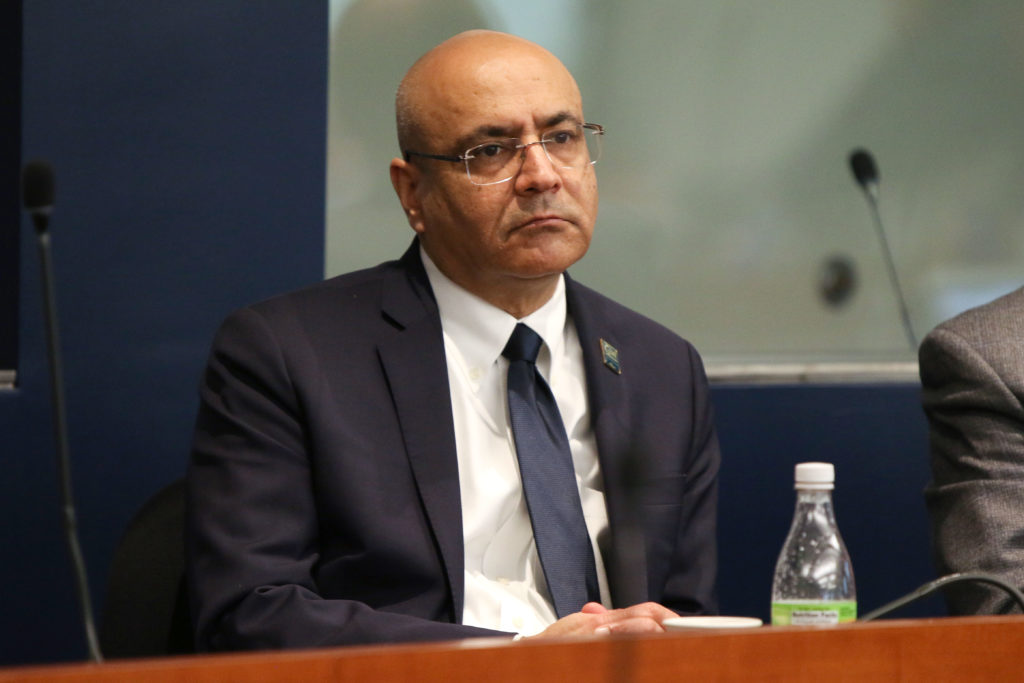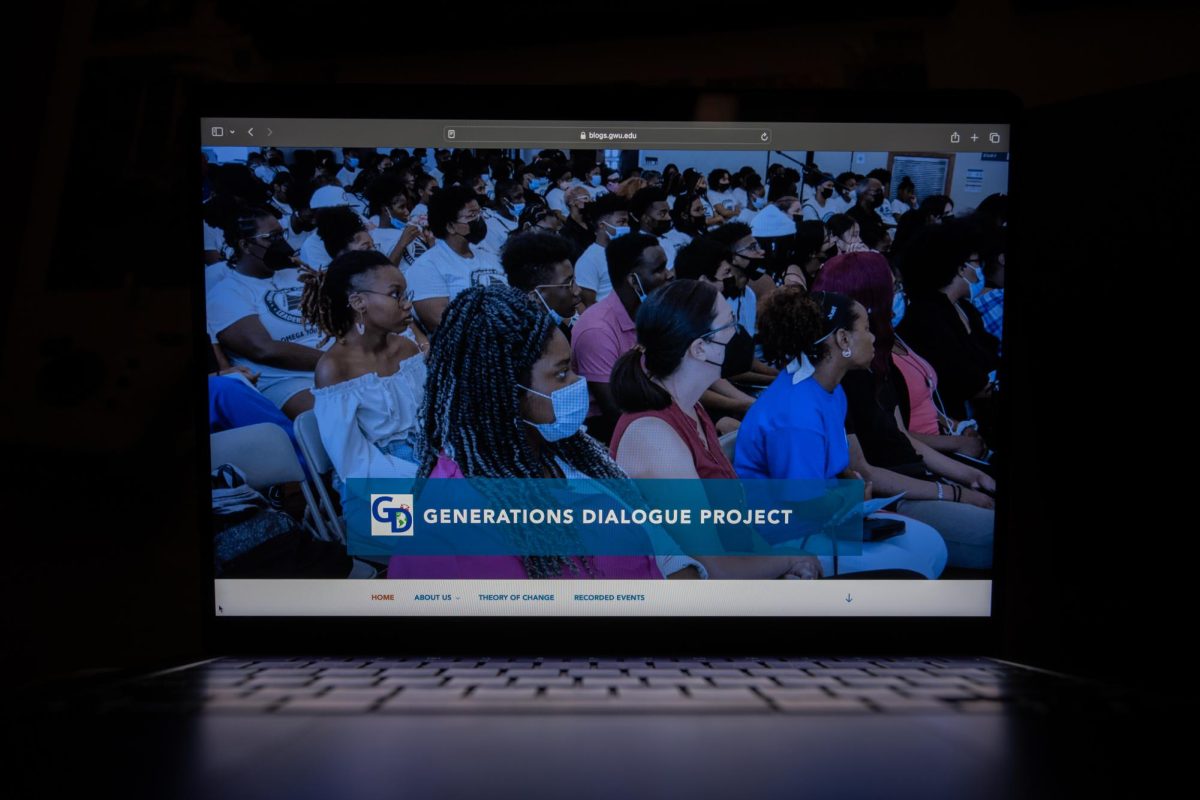School of Business academic integrity reports from last academic year more than tripled from the previous year.
Christy Anthony, the director of the Office of Students Rights and Responsibilities, said business school faculty reported 40 students for academic integrity violations in the 2019-20 academic year, compared to the 11 cases in 2018-19 and eight cases in 2017-18. Academic integrity experts said the spike could be tied to increased accessibility to cheat and a lack of motivation once the virtual semester got underway.
“During the spring 2020 virtual learning period, SRR did observe an increase in reports regarding academic integrity violations,” Anthony said in an email. “It was not clear that all of these were tied to the virtual environment that was implemented.”
Anthony said the increase in cases could be attributed to a “variety of factors,” like the possibility that a cluster of students cheated together. She said SRR officials have increased outreach to faculty and students about academic integrity given the “increased interest” in violations this semester, which may have led to an increase in reporting.
She said officials are also offering “orientation modules” and webinars to educate faculty about resources regarding academic integrity, like various virtual learning guides available on the SRR website.
Anuj Mehrotra, the dean of the business school, said he encourages students to reach out to their academic advisers and faculty to ensure they are working within the Code of Academic Integrity.
“Our goal is always to promote understanding and educate our students to do so and hold them accountable when they don’t,” Mehrotra said in an email.
Experts in academic integrity said students may be more likely to cheat during the virtual semester, but faculty may have greater awareness of how to report violations.
Buddy Howell, the chair of the honor council at Virginia Tech University, said officials at Virginia Tech have also seen an increase in academic integrity violation cases since school moved online in March. He said students taking classes remotely may use academic dishonesty to achieve their goals.
“One of the concerns there is obviously that we would see cases increase because of the ease of the opportunity with everything being online, and so I would suspect that part of the increase, whether it’s just in the business school or anywhere,” Howell said.
He said officials from Virginia Tech’s teaching and learning center are educating faculty through course design workshops about how to improve the quality of online classes in hopes that academic integrity violations decrease. He said students who are not doing well with their online classes may face a “greater temptation” to cheat, so increased engagement and personal interaction may prevent this.
“I think helping faculty adapt to that and finding ways to be creative and use Zoom and breakout rooms and that sort of thing to improve our online instruction, then the result of that will be that students can thrive in that online environment,” he said.
Mark Johnson, the academic integrity director at Marquette University, said school officials saw a rise in academic integrity violation cases when they moved online in March. He said he suspects students have been using FaceTime, Chegg or other online resources to find answers to exam questions.
“Up until March, the proportion of infractions that were between cheating and plagiarism were roughly the same, but after March when we went all online, the cheating doubled what had been plagiarism up to that point, and plagiarism fell remarkably behind,” Johnson said.
He said at Marquette, more students are encouraged to cheat on courses that aren’t directly related to their major because they may not feel it is relevant to their studies, like students in the College of Business Administration who have philosophy or history requirements.
“I understand where they’re coming from because for them, their major and their goal is to get out and to do well in business, and the philosophy stuff is not necessarily why they’re here,” he said.
Charles Barbee, the director of academic standards and curriculum planning at Arizona State University, said even before the COVID-19 pandemic a “large percentage” of academic integrity violations were the result of challenges or stress due to personal issues in a student’s life. He said the pandemic and the “dramatic” move to online learning have increased stress levels for students.
“This overall feeling of stress in the academic environment is exacerbated by a parallel increase in the number and frequency of personal and family challenges students are facing,” he said in an email. “As we know, stress and personal issues are not excuses for committing academic integrity violations, but it makes it easier for some students to rationalize a bad decision.”
Barbee said faculty and administrators should continue to provide “support and flexibility” to students experiencing personal challenges during the pandemic but should also implement a process to hold students found in violation of academic integrity policies accountable.
Officials at Boston University launched a probe in April to investigate whether students were cheating in classes like chemistry and physics using online resources like Chegg, The Boston Globe reported.
“Probably most important is a dedicated effort to ensure that each student knows the instructor values their work, cares about their future success and attempts to regularly connect academic integrity with a future professional ethic,” Barbee said.
Ishani Chettri contributed to reporting.







